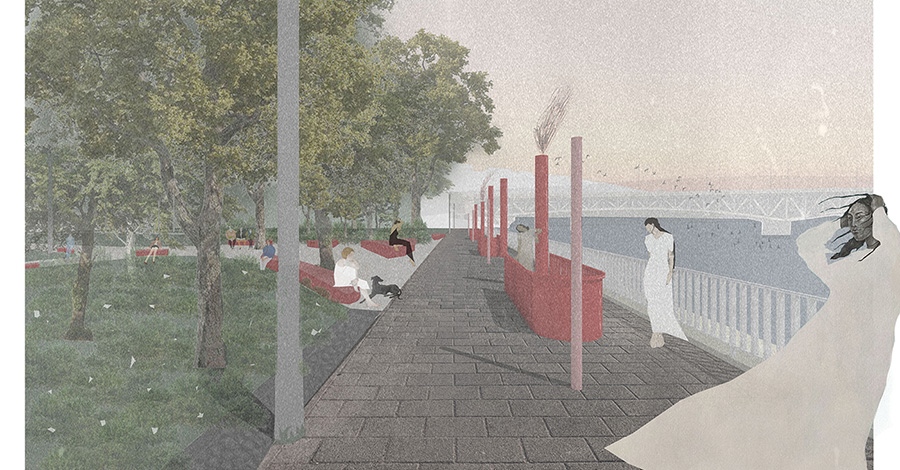It’s a common stereotype that while teenagers sleep all day, older people get out of bed at dawn. Not by chance.
It’s a common stereotype that while teenagers sleep all day, older people get out of bed at dawn and actively tackle their day. As it turns out, according to science, there is some truth to this, and it’s due to the natural aging process, he writes IFLScience.
Experts generally recommend that everyone get at least seven hours of sleep each night and go to bed at the same time each night. However, as a person ages, the average amount of sleep per night decreases by 30 minutes every 10 years. For this reason, many people also tend to go to bed early and wake up early.
After a certain period of time, our brain no longer receives as many signals as it did when we were young, so it may be difficult for us to distinguish between different times of the day. In addition, the eyes also play an important role in receiving external signals, but it is clear that our vision deteriorates with age. Cindy Lustig According to the professor, head of the laboratory at the University of Michigan, the frequent formation of cataracts among the elderly may also contribute to lying down and waking up early, because the eye does not receive as many impulses as before.
This also affects the level of melatonin in the body. Melatonin is also known as the sleep hormone and is usually produced in large quantities at sunset. On the other hand, because of the presence of cataracts, the brain thinks that the sun has set earlier than it actually does, melatonin levels rise prematurely and the person wants to sleep early. After all, going to bed and waking up early is a normal part of aging, even if you were a night owl when you were young.











































